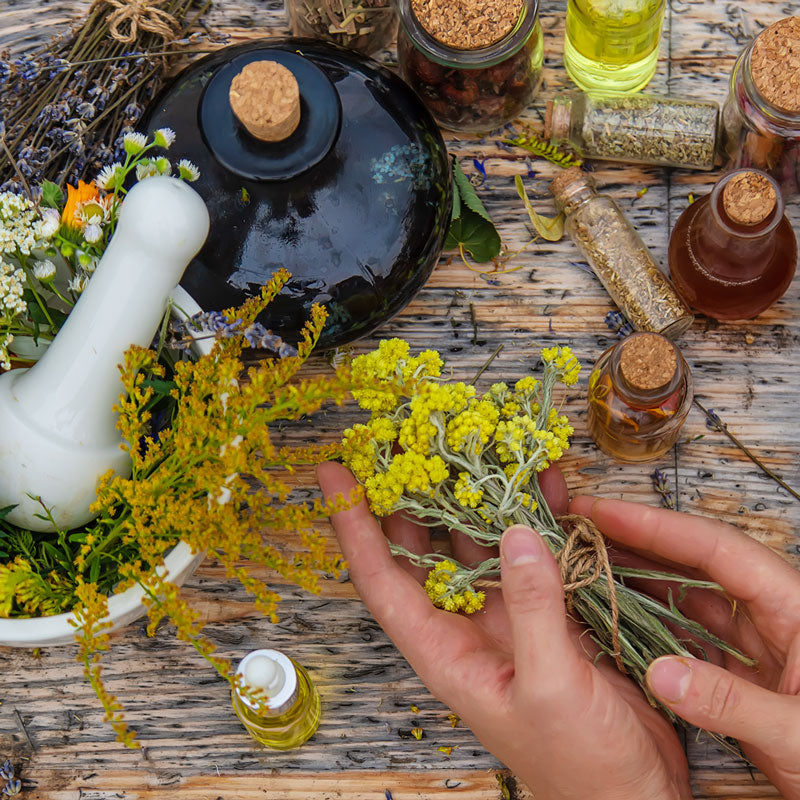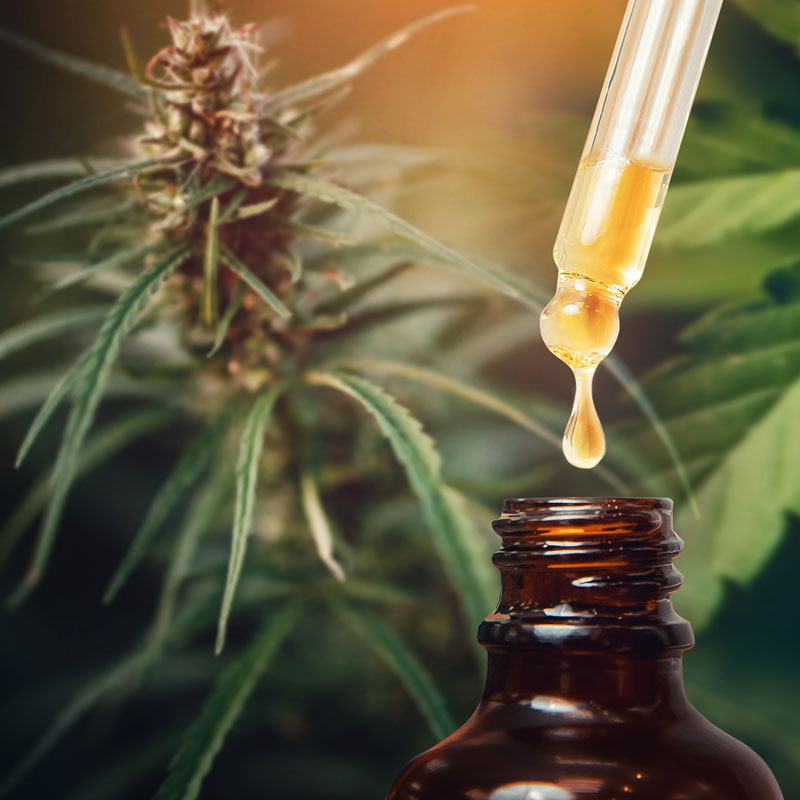Homemade Comfrey Tincture and Extract Recipe using Food Grade Ethanol

Comfrey is a perennial herb traditionally used in various herbal formulations and topical preparations. Crafting a homemade comfrey tincture allows for an effective botanical extraction, ensuring its natural plant compounds are preserved in a concentrated liquid form. This guide outlines how to create a high-quality tincture using 200 Proof Food Grade Ethanol for optimal purity and efficiency.
What is Comfrey?
Comfrey (Symphytum officinale) is a member of the Boraginaceae family, recognized for its large, fuzzy leaves and purple, bell-shaped flowers. It has been traditionally incorporated into topical herbal applications and botanical preparations.
Where is Comfrey Grown?
Comfrey is native to Europe and Asia but has naturalized in many regions across North America. It thrives in moist soils near streams, meadows, and cultivated gardens. In the United States, it is commonly found in New York, Pennsylvania, Oregon, Washington, and Kentucky.
Sourcing and Selecting Quality Comfrey
For the best tincture results, source organic, dried, or fresh comfrey leaves and roots from reputable herbal suppliers, farmers’ markets, or cultivated home gardens. Choose vibrant green leaves and firm roots with an earthy aroma. Avoid wilted, moldy, or excessively dry material.
Preparing Comfrey for Tincture
- Ensure the leaves and roots are clean and free of dirt.
- Chop fresh or dried plant material to increase surface area for optimal extraction.
Best Practices for Storing Your Comfrey Tincture
Store your tincture in a dark glass bottle, away from heat and direct sunlight, to maintain its quality. When properly stored, the tincture can remain effective for up to two years.
Ways to Use Comfrey Tincture
Topical and Herbal Applications
- Infused Oils: Comfrey tincture can be blended into carrier oils for external applications.
- DIY Skincare: Often included in homemade balms, creams, or compresses.
Gardening and Crafting Uses
- Compost Booster: Comfrey-infused extracts are sometimes used as plant fertilizers.
- Natural Dyes: Comfrey leaves can be used for botanical dye projects.
Final Thoughts on Crafting a Comfrey Tincture
Making a comfrey tincture at home allows for a versatile, high-quality botanical extraction that can be used in herbal formulations, gardening applications, and DIY projects. Using 200 Proof Food Grade Ethanol ensures a pure and effective extraction process.

Disclaimer: This content is for informational and educational purposes only. Consult a professional before using tinctures for any specific application. Individual reactions may vary.










